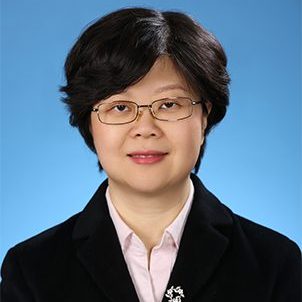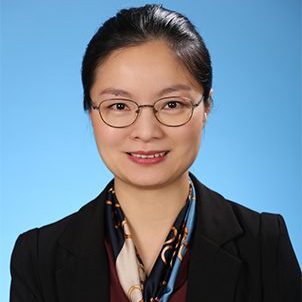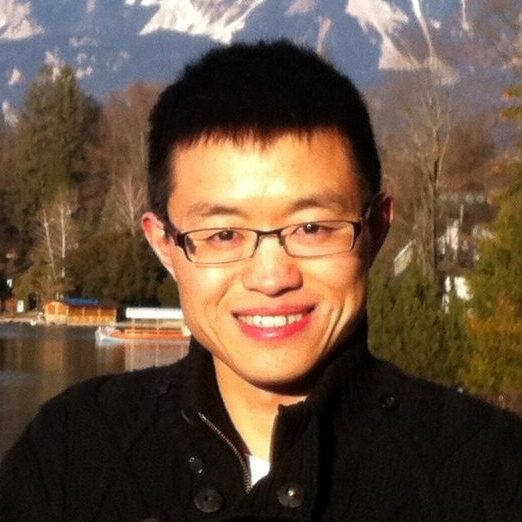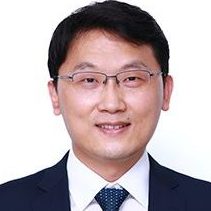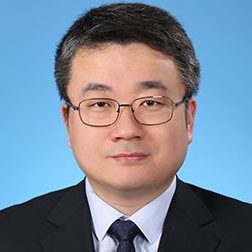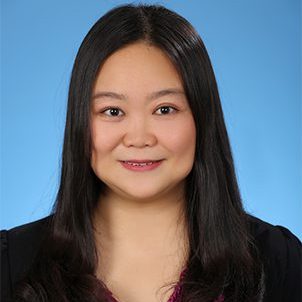This Tsinghua University course (graduate-level) is a part of the Global Hybrid Classroom (GHC) Certificate program.
Since 2010 when it launched a graduate program in advanced computing for international students, the Department of Computer Science and Technology has developed a curriculum system including 14 courses taught in English, which was nominated by Forbes as one of the world’s top ten graduate programs in artificial intelligence and data science in 2020.
Since 2021, the Department has risen to the difficulties in teaching caused by the COVID-19 outbreak, developed more scenarios for teaching, launched quality courses to universities overseas, and attracted more than ten students from universities overseas to its courses through hybrid teaching. Based on the plans and visions of the Ministry of Education and the University, the Department plans to further integrate hybrid classrooms.
“Advanced Courses for AI and Big Data” certificate is compromised of 1 compulsory course and 4 electives:
Five courses are offered, of which “Combinatorics and Algorithm Design” is compulsory, and students are required to take three out of the remaining four electives. Certificates will be conferred to students who finish the courses and meet relevant requirements.
Complusory
Students are required to take three out of the four electives
Global Hybrid Courses (GHC) is currently open to current students from overseas partner universities of Tsinghua University, and it’s free. If your university (instructor or students) would like to join the program and experience what it is like to teach and learn in a truly global classroom, please contact the Assistant Secretary-General of the Global MOOC Alliance at enoch@tsinghua.edu.cn or alliance@mooc.global.
How to attend our GHC courses?
- Tsinghua University will send the list of GHC courses to overseas partner universities every semester. These universities will notify students to enroll and priority will be given to students eager to take part
- Students from overseas partner universities have to complete the courses required by the GHC Certificate within a specified time. After completing each course, they will receive a GHC transcript issued by Tsinghua University.
- Students from overseas partner universities attending Tsinghua’s postgraduate courses, whose own universities do not allow for credit transfer, can enjoy credit exemption if they study for postgraduate degrees at Tsinghua University in the future.
How to apply for the certificate upon completion of the required courses?
- Please send your name, university, and GHC transcripts to us at alliance@mooc.global

